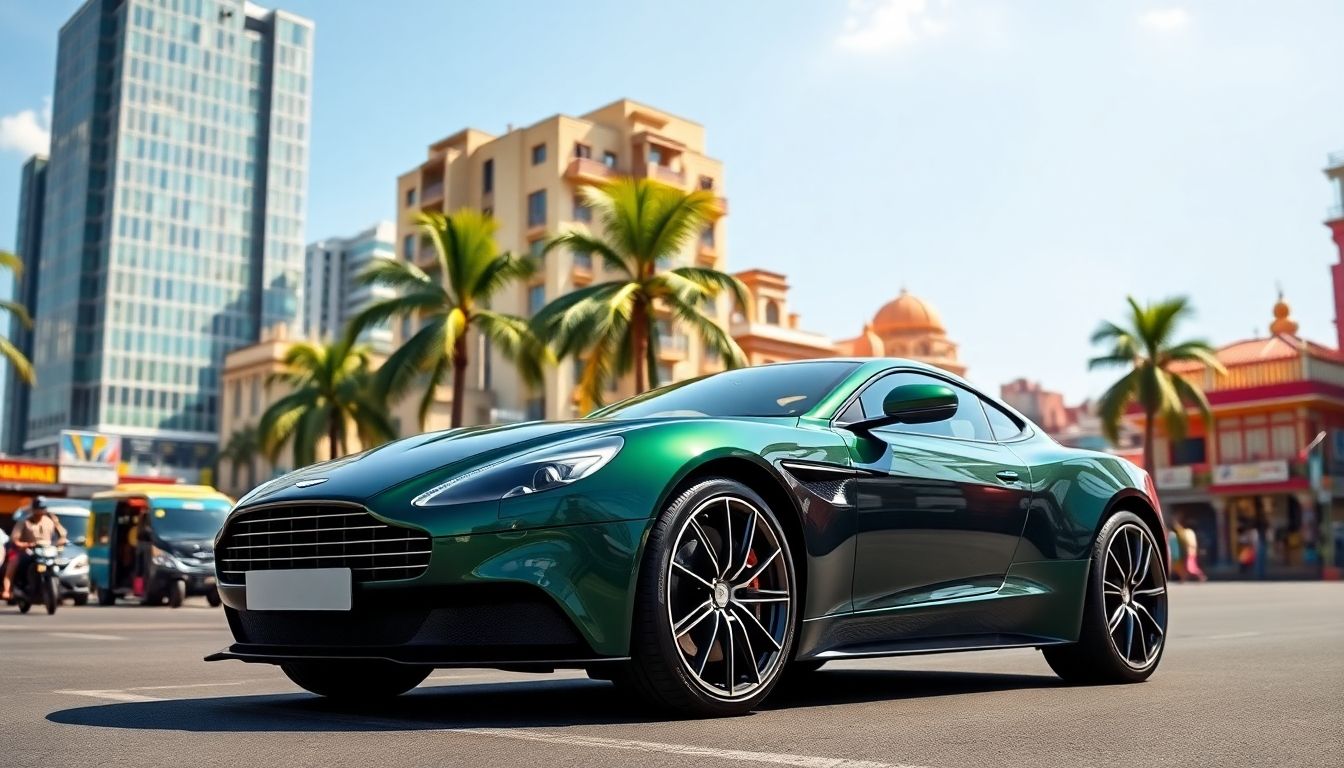
The global luxury car market is presenting a mixed picture. While iconic British manufacturer Aston Martin navigates financial difficulties leading to job cuts, emerging markets in South India are witnessing a remarkable surge in demand for premium and electric vehicles, highlighting a significant regional shift in the industry.
Key Takeaways
- Aston Martin will cut 170 jobs following significant financial losses in 2024.
- The company’s vehicle deliveries declined due to supply chain issues and a weaker market in China.
- Conversely, South India is experiencing a boom in luxury car and EV sales.
- The state of Tamil Nadu alone saw a 19.3% rise in premium car registrations.
Aston Martin Navigates Financial Turbulence
British luxury carmaker Aston Martin has announced plans to reduce its global workforce by 170 employees, or 5%, after reporting another year of financial losses. The company recorded a pre-tax loss of £289.1 million in 2024, alongside an operating loss of £99.5 million. These job cuts are part of a broader strategy to achieve approximately £25 million in annualized savings.
The company’s performance was impacted by a decline in vehicle deliveries, which fell to 6,030 cars in 2024 from 6,620 the previous year. Aston Martin attributed this drop to persistent supply chain disruptions and a weaker macroeconomic environment in China. In response, the firm is focusing on improving operational efficiency and has postponed the launch of its first fully electric model to the "latter part of this decade," shifting its immediate focus to the 2025 Valhalla hybrid model.
South India Hits The Fast Lane
In stark contrast to Aston Martin’s challenges, the luxury automotive market in South India is thriving. The region is reporting the highest growth in luxury vehicle sales, driven by rising demand for both premium cars and electric vehicles (EVs).
This boom is exemplified by Tamil Nadu, which registered a 19.3% increase in premium car registrations from 2022-23. The area’s well-developed EV ecosystem and strong consumer demand have made it an attractive hub for global automakers. Reports indicate that major players like Tesla are actively scouting for land in the region to establish manufacturing facilities, underscoring South India’s growing importance in the luxury auto sector.
A Divergent Future
The differing fortunes of Aston Martin and the South Indian market illustrate the complex dynamics shaping the luxury car industry. While established brands in Europe grapple with legacy costs, supply chain vulnerabilities, and the transition to electric power, emerging markets are capitalizing on new wealth and a growing appetite for premium mobility.
Looking ahead, Aston Martin’s CEO Adrian Hallmark aims to transition the company from a "high-potential business to a high-performing one." However, potential headwinds, such as possible US trade tariffs, could present further challenges. Meanwhile, the upward trend in South India is expected to continue, positioning the region as a key driver of future growth for the global luxury car market.






